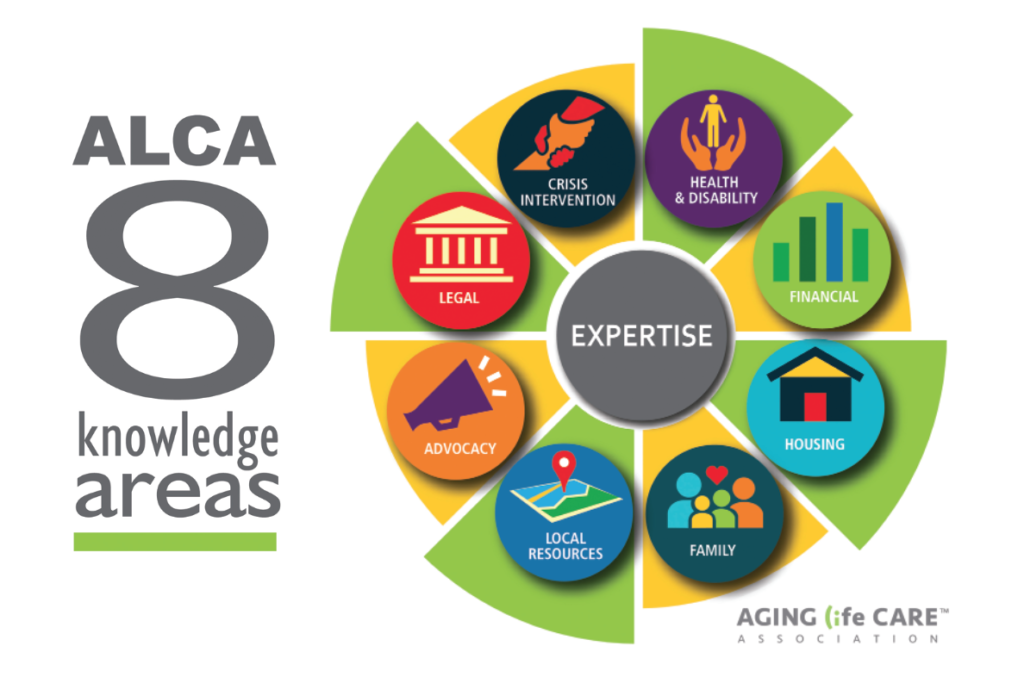Bladder issues
If making it to the bathroom in time is a frequent concern for your relative, they may have an overactive bladder. More than 33 million Americans contend with this condition, in which misfiring nerves cause the bladder muscles to contract involuntarily. Your loved one may be too embarrassed to bring it up with the doctor,…
Read MoreWhat’s involved in giving care?
Perhaps you call regularly to offer emotional support. Maybe you handle finances. Perhaps you visit weekly. Or you may live with your loved one 24/7. Caring takes many forms. You may feel this is simply what a loving daughter/son/partner would do. But that doesn’t mean it isn’t time and energy from your day. Or night,…
Read MoreExplaining your needs to others
Are you worried that asking for help sounds like whining? You may believe you “should” be able to do it all without assistance. Or think you are “just” doing what any good or loving daughter (or son, or spouse) would do. Like many caregivers focused on family harmony, you may have become used to minimizing…
Read MoreSplitting the pie fairly
If you have more than one child, deciding how to distribute your assets among them may prompt some angst: If and how should your will or trust reflect your understanding of their different needs? According to a Merrill Lynch study, two-thirds of parents over age 55 are open to the idea of unequal bequests. “Fair”…
Read MoreMedical management without dialysis
Dialysis typically buys a person some time. But it rules their life—and possibly yours. It requires strict adherence to the schedule. Also, severe food restrictions. Your relative’s energy level will fluctuate. That makes planning for other activities difficult. There is an increased chance of infection because of the access port for dialysis. And there are…
Read MoreGiving “awesome” new meaning
Can you recall taking in a majestic view or the miracle of dewdrops on a spiderweb? That sense of awe—the magnificence of it all. In the presence of amazement and wonder, we feel connected with something much greater than ourselves. Our problems seem to shrink. It turns out that these moments of awe have measurable…
Read MoreSigns of financial abuse
Older adults are frequently targeted for financial abuse. They typically have more funds than their younger counterparts do. They tend to be generous and naïve, not understanding all the ways they can be scammed. Some have memory and thinking problems. And even if they do realize they’ve been “taken,” they may be too ashamed or…
Read MoreSeeds of family resilience: Focus on rewards
Research on stress often involves family caregivers. No matter how much you love the person you care for, taking care of an ailing relative can be stressful! To offset the stress, consider the power of positive thinking. Studies show that people who “seed their lives” with moments of positive emotions are more resilient in the…
Read MoreMild cognitive impairment (MCI) and what you can do
Mild cognitive impairment (MCI) is the medical name for memory problems that exceed the “normal forgetfulness of aging” but are less than associated with an Alzheimer’s diagnosis. If you have received a diagnosis of MCI, you are at risk for continued significant cognitive decline. Each year about 10–15% of persons with MCI receive an Alzheimer’s…
Read MoreHow to get durable power of attorney
There may come a time when your loved one will need help handling financial matters. Maybe filing taxes. Or interacting with Social Security. Or signing a contract to move into a new residence. If your relative is unable to do these things because of illness or problems with dementia, you will need to show a…
Read More








